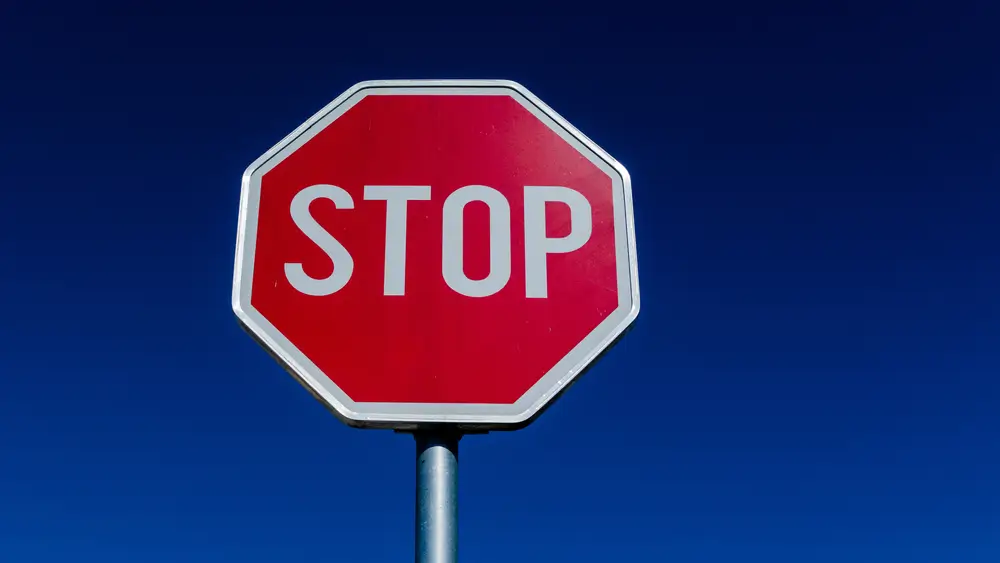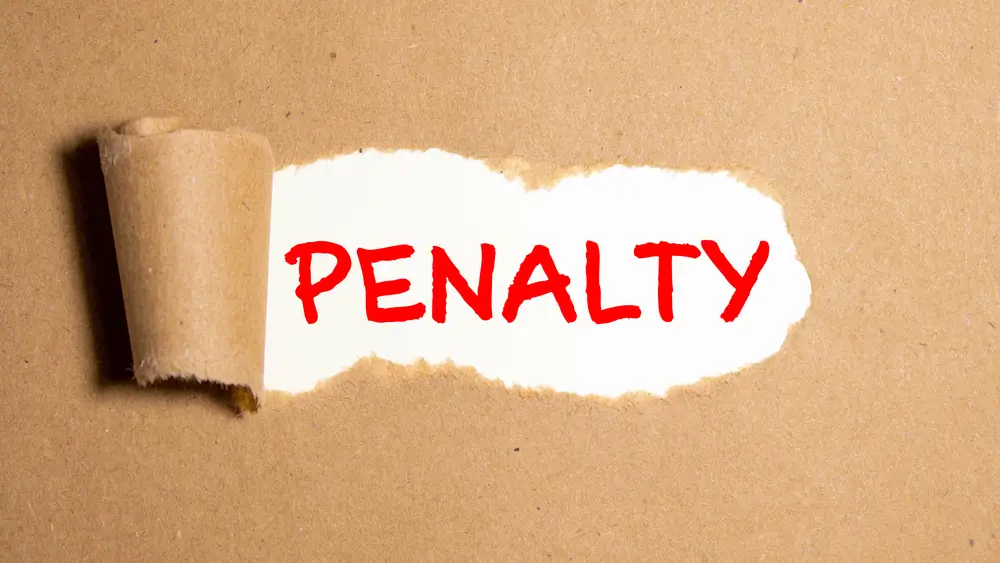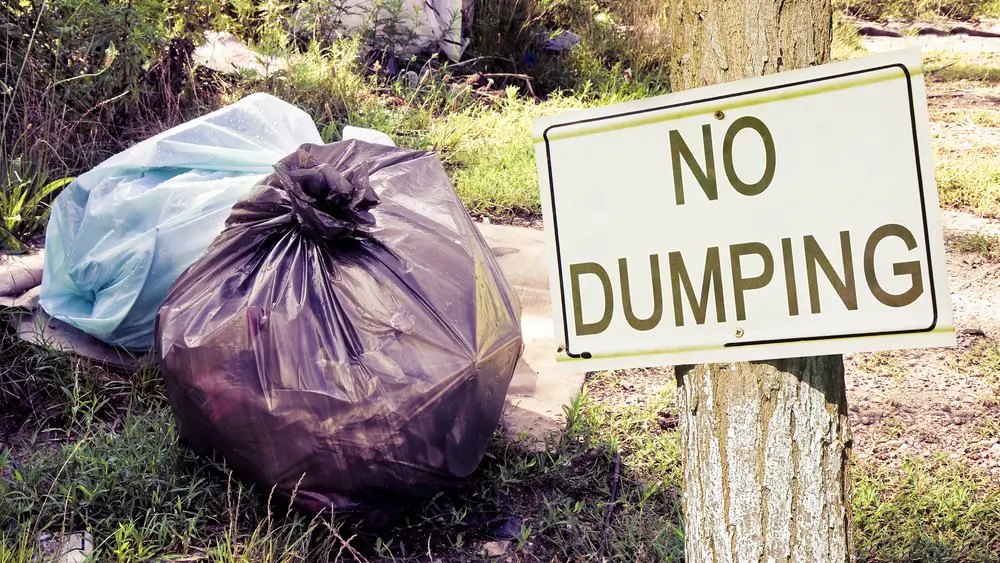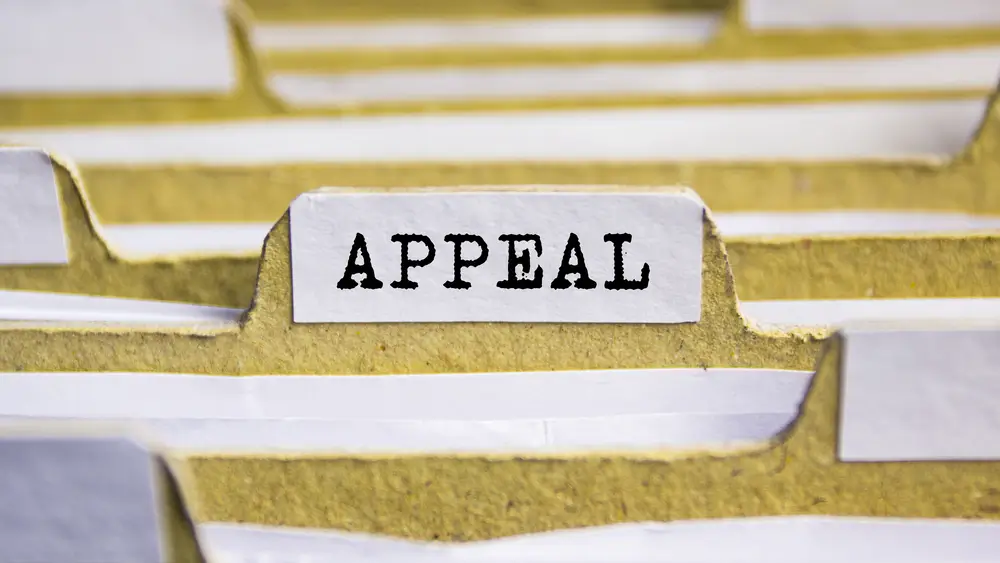
This site is reader-supported. We may earn a small commission if you make a purchase from one of our partners.
If you’ve heard the term “Cease and Desist” before, you know it can strike fear into the heart of the person on the receiving end.
But do you know what a Cease and Desist order is and how it is issued?
In this article, we’ll answer the question “what is a Cease and Desist Order”, review how they differ from Cease and Desist letters, and what you need to know if you ever receive one.
Let’s get started.
What is a Cease and Desist Order?

A Cease and Desist Order is a formal order issued by a court or government agency telling an individual or business to stop engaging in a particular activity. These are legal documents that carry the full weight of the issuing agency.
Cease and Desist Orders are usually issued after an investigation has determined that the recipient is engaged in illegal or harmful activity. The order will list the activities that must stop and may also include penalties for non-compliance. They are typically issued by courts or government agencies with the authority to enforce them. They are often known as a temporary injunction or permanent injunction, depending on the specifics of the order.
However, these orders will only be enforceable if backed by a court order or statute.
How is a Cease and Desist Order Different from a Cease and Desist Letter?

While they are similar, unlike a Cease and Desist Order, a Cease and Desist Letter is a notice sent by an individual or organization to stop another party from engaging in a particular activity.
These letters are not enforceable by law, but they may be a precursor to legal action if the recipient does not comply.
Cease and Desist Letters are often used to stop activities that cause a civil conflict, such as copyright infringement or issues with debt collectors. They can also halt activities that are simply annoying or disruptive, like harassment or defamation. There is also a variation of this type of letter called a demand letter, which, while similar, outlines a specific demand for compensation or restitution.
Can I Send a Cease and Desist Order to Help Resolve A Dispute?

Unfortunately, you cannot send a Cease and Desist Order as an individual or company. Only a court, government, or regulatory body can issue this type of order.
If you are experiencing issues with another party and would like them to stop a particular activity, you may want to send a Cease and Desist Letter instead. Check out our Ultimate Guide to Cease and Desist letters for more information on how to create and send your letter.
What Should You Do If You Receive a Cease and Desist Order?

If you receive a Cease and Desist Order, it is crucial to take it seriously and comply with its terms immediately.
Failing to do so could result in legal penalties, such as fines or jail time.
You should also consult with an attorney to understand the order legal process, take appropriate steps to avoid future legal repercussions, and protect your legal rights.
Receiving a this type of order can be a frightening experience, but it is essential to remember that it is a serious legal document. If you have questions about the order or your rights, you should contact an attorney or law firm immediately.
What Happens if I Ignore or Violate a Cease and Desist Order?

You should never ignore or violate a Cease and Desist Order. If you receive such an order, you should take it seriously and consult with an attorney immediately.
Failing to comply with a can result in serious legal consequences, including fines or jail time.
If you have questions or would like help drafting a response, we encourage you to contact an attorney. We recommend Lawyers.com if you need help finding an attorney in your area.
Who can Issue a Cease and Desist Order?

A few different types of organizations have the authority to issue Cease and Desist Orders.
Courts
A court can issue a Cease and Desist Order as part of a legal proceeding. For example, if someone is engaged in prohibited activity, a court may issue an order telling them to stop.
Government agencies
Government agencies, such as the FTC or SEC, can also issue Cease and Desist Orders when there is a suspected breach of state and federal law. These orders are usually issued after an investigation has determined that the recipient is engaged in illegal or harmful activity.
Regulatory bodies
Regulatory bodies, like the FDA or FCC, may also issue Cease and Desist Orders. These orders are typically used to halt activities that could harm the public, such as false advertising or misleading marketing.
It’s important to note that these orders are only enforceable if issued by a court, government agency, or regulatory body. It is not legally binding if you receive an order from any other type of organization.
What Types of Activities Can Result in a Cease and Desist Order?

There are a few different types of activities that can result in a Cease and Desist Order.
Intellectual Property Infringement
Intellectual property infringement is the most common type of activity that can result in a Cease and Desist Order. This includes things like copyright infringement, trademark infringement, or patent infringement.
Dangerous Behavior
Another type of activity that can lead to a Cease and Desist Order is dangerous behavior. This could include things like manufacturing unsafe products or hosting events that exceed safe attendee regulations or lack proper safety protocols.
Financial Activities
Certain financial activities can also result in a Cease and Desist Order. This could include things like insider trading, money laundering, or naked short selling.
Unfair Competition
Unfair competition can also lead to a Cease and Desist Order. This includes activities like false advertising, bait-and-switch tactics, or trademark infringement.
Environmental Issues
Finally, failing to comply with environmental regulations can also result in a Cease and Desist Order. This could include things like illegally dumping hazardous waste or polluting waterways.
How to Respond to a Cease and Desist Order

If you receive a Cease and Desist Order, you must take it seriously and should consult with an attorney immediately.
You should also take steps to comply with the terms of the order.
Some common ways to do this include:
- halting the activity specified in the order
- staying in open communication with the party that issued the order
- following any other instructions as outlined in the order
If you have any questions about how to respond, we recommend that you contact an attorney for guidance.
Am I Able to Appeal a Cease and Desist Order?

If you receive a Cease and Desist Order, you may be able to appeal the decision. However, it is essential to note that you must comply with the order while your appeal is pending. If you fail to do so, you could still face severe legal penalties, such as fines or jail time.
If you would like to file an appeal, we recommend that you consult with an attorney. They will be able to help you navigate the appeals process and ensure that your rights are protected.
How Long Does a Cease and Desist Order Last?

A Cease and Desist Order is typically in effect until the issuing party lifts it. However, some orders may specify a specific timeframe in which the recipient must comply.
If you are unsure about the duration of your order, we recommend you review the document and consult with an attorney. They will be able to advise you on the best course of action.
Final Thoughts
A Cease and Desist Order is a legal document that orders an individual or organization to stop a specific activity.
There are a few different types of activities that can result in a Cease and Desist Order, such as intellectual property infringement, dangerous behavior, financial crimes, unfair competition, or environmental violations.
If you receive one, you must take it seriously and consider consulting an attorney. You should also ensure that you comply with the terms of the order.
Do you need an attorney to help manage a Cease and Desist order? Check out Lawyers.com to find an attorney in your area.

Wes Talisman is a freelance journalist who helps answer common legal questions for everyday people. He’s never won a Pulitzer Prize, but he does write a stellar Cease and Desist letter.